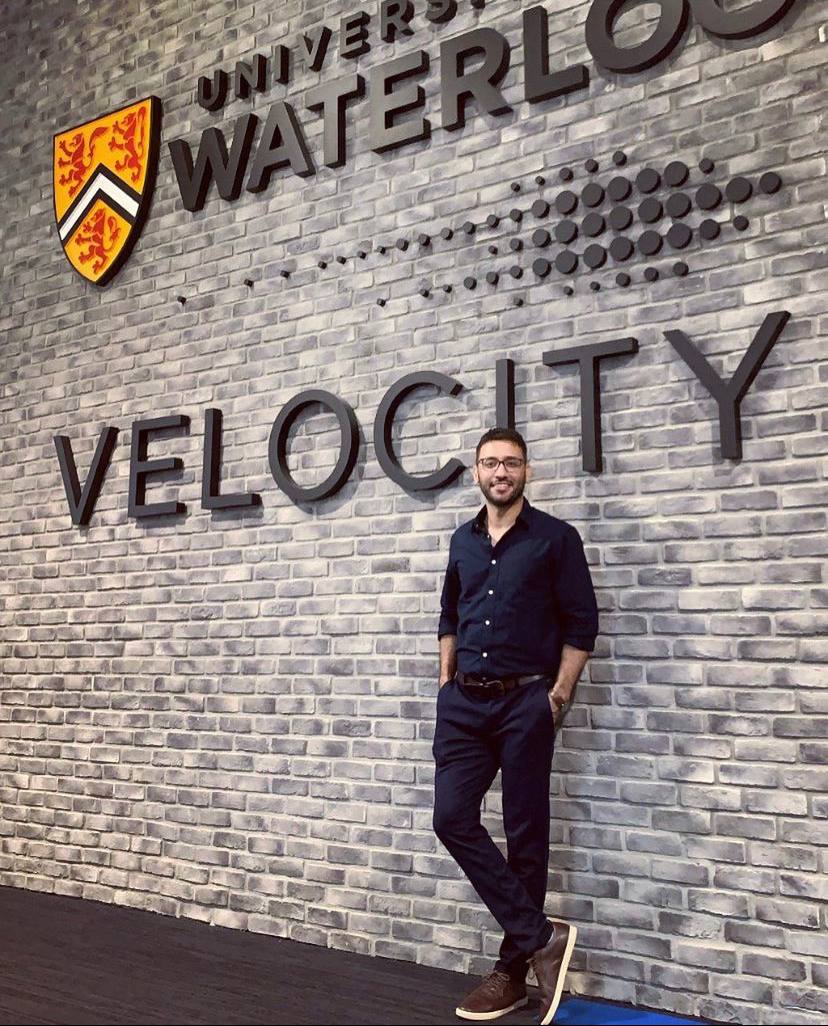
My name is Moslem Sadeghigoughari, and I am currently a Research Associate in the Department of Mechanical and Mechatronics Engineering at the University of Waterloo. The central aim of my research is to combine the theories of Ultrasound Imaging and Image-Guided Therapy with advanced technologies such as Robotics, Artificial Intelligence (AI) and multi-physics simulation to move toward the next generations of diagnostic and theraputic platforms. My research interests center around the design and development of Image-Guided Therapeutic systems, with a focus on Therapeutic Ultrasound, Focused Ultrasound (FUS), and Non-invasive Biomedical Imaging. I am also a specialist in computational mechanics, with a focus on advanced heat transfer modeling, fluid-structure interaction (FSI), magneto-thermo-fluid modeling, computational fluid dynamics (CFD), and intelligence computation in heat transfer and fluid mechanics. I also have several years of research experience in the analysis, modeling, and development of electromagnetic systems, such as magnetic levitation floor, and magnetic field-assisted drug delivery. Almost ten years of my research works resulted in 3 patents, 16 journal articles, and 5 conference papers.
I received my Ph.D. degree in Mechanical and Mechatronics Engineering at the University of Waterloo in the area of ultrasound-guided therapy. I was the recipient of the Ontario Trillium Scholarship (2016-2020) which is a highly prestigious scholarship provided by the Ontario government. I was the first student who started FUS research in the AI for manufacturing lab under the supervision of Prof. Hyock Ju Kwon and Prof. Soo Jeon. During my Ph.D. studies, I designed, modeled, and fabricated an advanced image-guided FUS system with application to non-invasive cancer treatment. Using the developed system, I conducted a comprehensive study on the feasibility and the feature effects of various nanoparticle (NP)-based agents during the FUS heating procedures and derived the governing equations by studying the physics of the interaction between ultrasonic waves and NPs. Because of this contribution, I received two Nanofellowship awards (2018 and 2019) from Waterloo Institute for Nanotechnology (WIN) for research excellent in Nanotechnology.
After finishing my Ph.D. studies, I started a Postdoctoral Fellow position at Waterloo RoboHub. During a time-sensitive project, I worked as a team leader and a researcher with a group of graduate students, technicians, and engineers to design, simulate, fabricate, and test one of the largest magnetic levitation platforms in the world under the supervision of Prof. Behrad Khamesee and Prof. William Melek. After successfully completing the maglev project, I returned to the AI for manufacturing lab to work on a new project on intelligence-based FUS surgery. I am currently leading a team of ultrasound researchers and AI experts to design, develop, and program the first prototype of an intelligence-based ultrasound-guided FUS system with potential application to precision cancer treatment.
